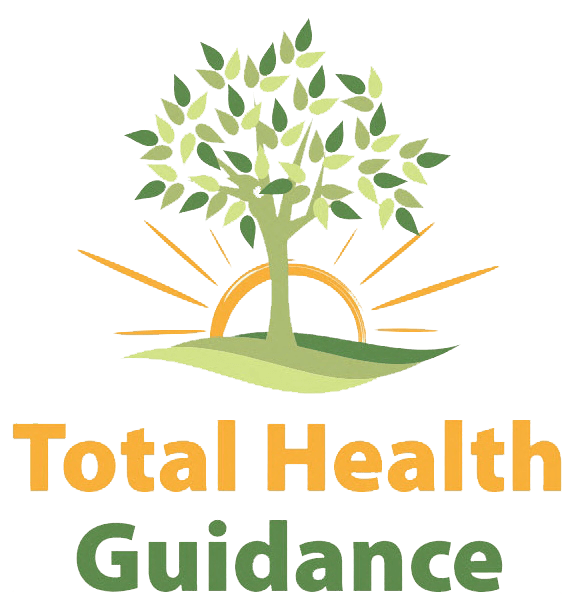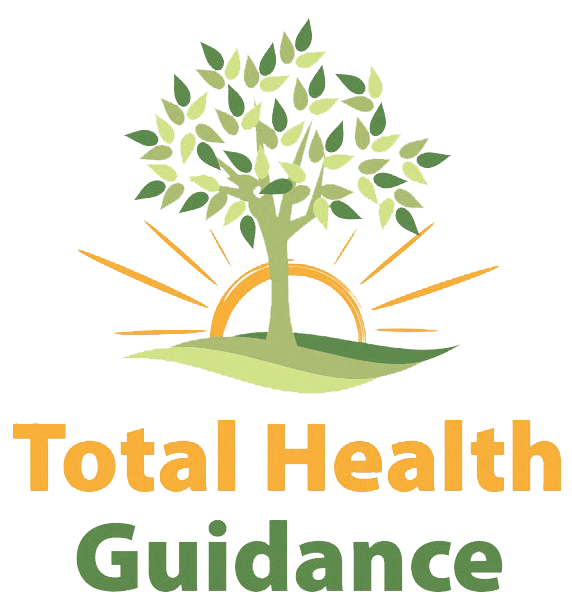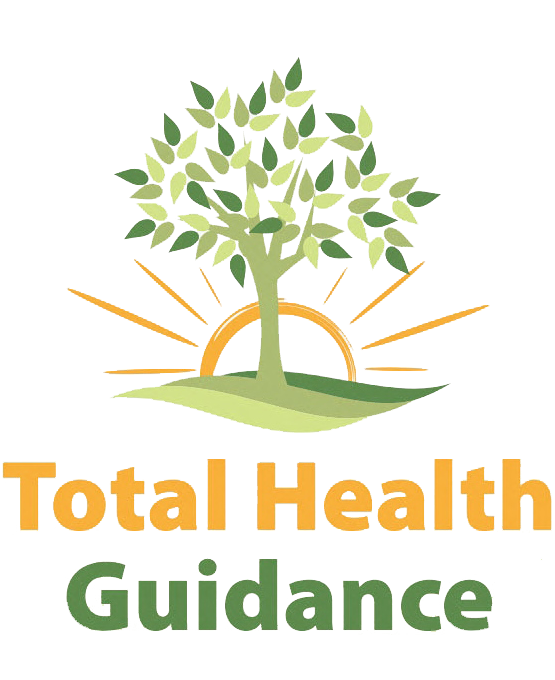Raising children can be the most rewarding and challenging job on the planet. Oftentimes, we may have a plan or an idea of what their life will look like, and our children, being little people of their own, will have other plans. When our child comes out to us, it can feel confusing and overwhelming where to start on how to support them. These small but helpful tips below will help serve as a guide on how to approach how to best the parent to a child who has just come out:
1. Verbalize that you support them. Perhaps the most impactful thing you can do as a parent of an LGBTQ+ child is to let them know that you support who they are explicitly. People with LGBTQ+ identities are constantly bombarded with both verbal and non-verbal messages from the world. This can feel overwhelming and can cause symptoms of anxiety, depression, and isolation. Parents are often the prime source of approval; verbalizing to your child that you see and approve of every part of them can reduce anxiety and help counteract negative messages they may receive to boost their self-esteem.
2. Be patient with yourself. It can feel like there’s a new set of vocabulary you need to learn every week to ensure that it does not hurt anyone’s feelings. It’s important to remember that historically, LGBTQ+ people have been pushed to the fringes of society. As research grows and people speak up more about their experiences, we learn more about how others experience life. Even if you unintentionally say something that hurts your child, allow yourself to learn from the experience, apologize, and try again.
3. Be aware of signs of distress. Children can sometimes lack the language to process deep and complicated emotions. Pay attention to their physical behavior and look for signs indicating psychological distress. Some of the symptoms might include withdrawal or social isolation, lack of interest in things they once found enjoyable, and physical complaints with no apparent cause, such as headaches, stomach aches, or anxiety. Most importantly, pay attention to language that may indicate that they are having suicidal thoughts or behaviors.
4. Encourage open dialogue. It is not to be understated how important it is to understand what your child is comfortable discussing and what is off-limits. Communication with your LGBTQ+ child about their identity and experiences is integral to understanding their personal boundaries and helps clarify how you can best support them.
5. Seek help. We all know it takes a village to raise a child, and that can seem daunting when it feels like we’re alone. Surrounding yourself with other parents seeking to support and understand their children in the same way you are is an excellent step to show your child that they are loved, but it also helps add to your social support. Organizations such as PFLAG (Homepage – PFLAG) have local chapters of LGBTQ+ families meeting regularly to discuss pressing issues they may face. Individual therapy or family therapy for both your child and you as a parent may help develop coping skills and detangle complex emotions associated with them coming out. Give it a try!
If you are having trouble difficulty navigating how to support your LGBTQ+ child or feel that they could benefit from speaking with a professional, please consider contacting our office to speak to a trusted counselor at (321) 332-6984







